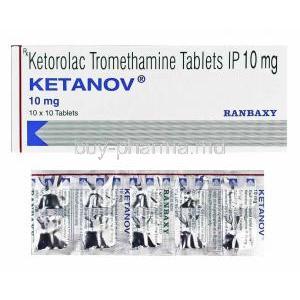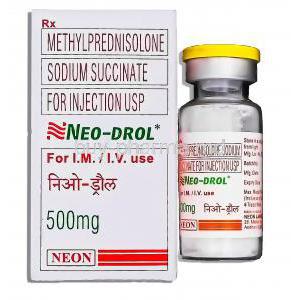Aspirin
I. Introduction
Aspirin, an element in the realm of modern medicine, symbolizes the lasting impact of advancements in healthcare. With its origin dating back more than a hundred years, it marks a significant shift in how we address pain, swelling, and high body temperature. In today's practices, aspirin serves a broader purpose, beyond just relieving pain and reducing fever; it also plays a crucial part in preventing heart-related issues.
II. Composition
Aspirin essence is found in its yet complex chemical makeup known as acetylsalicylic acid (ASA). This key component is what gives aspirin its healing properties. Alongside ASA in versions of the medication are excipients, which play a role in maintaining stability, improving absorption, and making it easier to take, ultimately ensuring that aspirin works effectively and consistently.

III. Uses
-
Pain Relief and Inflammation:
-
Heart Health Benefits:
IV. Off-Label Uses
- Research suggests that aspirin may play a role in:
- Cancer Prevention: Some studies indicate that aspirin might help prevent certain cancers, including colorectal cancer.
- Reducing Preeclampsia Risk: Preeclampsia is a serious condition during pregnancy, and aspirin may help reduce the risk.
V. How It Works
The way aspirin works is truly fascinating in the field of pharmaceuticals. It blocks an enzyme called COX (cyclooxygenase), which helps stop the creation of prostaglandins and thromboxanes. This helps reduce inflammation and pain. Additionally, by decreasing the production of thromboxanes, which are responsible for clumping platelets, it lowers the chances of blood clot formation, thus protecting the heart and blood vessels.
VI. Dosage and Administration
The amount of aspirin given needs to be carefully adjusted based on the person's health, age, and other medications they are taking. It can be taken by mouth. Inserted into the rectum with changes in dosage made for certain groups, like older adults, to improve treatment results and reduce potential harm.

VII. Common Side Effects
While aspirin offers advantages, it also comes with its share of challenges. Some known side effects involve stomach issues like ulcers and bleeding as well as risks of bleeding and allergic reactions. These factors emphasize the need for thoughtful use of the medication.
VIII. Important Precautions
Taking aspirin requires consideration, especially for people with a background of peptic ulcers or bleeding issues or who are also using blood thinners. This highlights the need for medical advice to prevent any harmful interactions and potential complications.
IX. Interactions
Aspirin has a range of interactions, including interactions with blood thinners, pain relievers, and antidepressants, that can increase the risk of bleeding. There are also interactions with food that can change how aspirin works in the body. It's essential to manage these interactions to prevent any negative effects.
X. Warnings and Contraindications
Taking aspirin can be helpful for some people. It's important to be aware of the warnings and restrictions that come with it. If you have ulcer disease, hemophilia, or are sensitive to aspirin, it's best to avoid taking it because the dangers are greater than the possible benefits. One significant caution about aspirin is its box warning, which is a serious alert from regulatory bodies highlighting the risk of severe bleeding.
XI. Careful Administration
The way aspirin is given requires an approach, especially when dealing with specific groups like elderly pregnant women, nursing mothers, and children, each with its own set of risks and considerations.
- For the elderly, It's crucial to adjust the dosage and keep an eye on them due to their higher vulnerability to gastrointestinal bleeding and kidney issues.
- For women and nursing mothers; Using aspirin comes with potential impacts on the health of both the fetus and newborn requiring a careful assessment of benefits versus risks.
- For children, The risk of Reyes syndrome, although yet severe, calls for precise control, over dosages, and monitoring when using aspirin in pediatric cases.
XII. Storage
The effectiveness and safety of aspirin depend on how it is stored. It's important to keep aspirin at room temperature in a place and away from direct sunlight to maintain its quality. Knowing the shelf life and expiration date is crucial for deciding when to dispose of any leftover or expired medication to avoid use.
XIII. Handling Precautions
Proper handling procedures for aspirin emphasize the significance of preserving the medications quality and ensuring safety. It is recommended that individuals use dry hands when dealing with aspirin and remain attentive, in case of any spills, promptly cleaning up to avoid accidental exposure.

XIV. Overdosage
Overdosing on aspirin can result in signs and symptoms starting from mild issues like feeling queasy to serious problems such, as significant bleeding. It's crucial to act by seeking urgent medical help and offering necessary support. In the term, it's important to keep an eye out for gastrointestinal bleeding and check kidney function regularly, underscoring the importance of following prescribed doses diligently.










